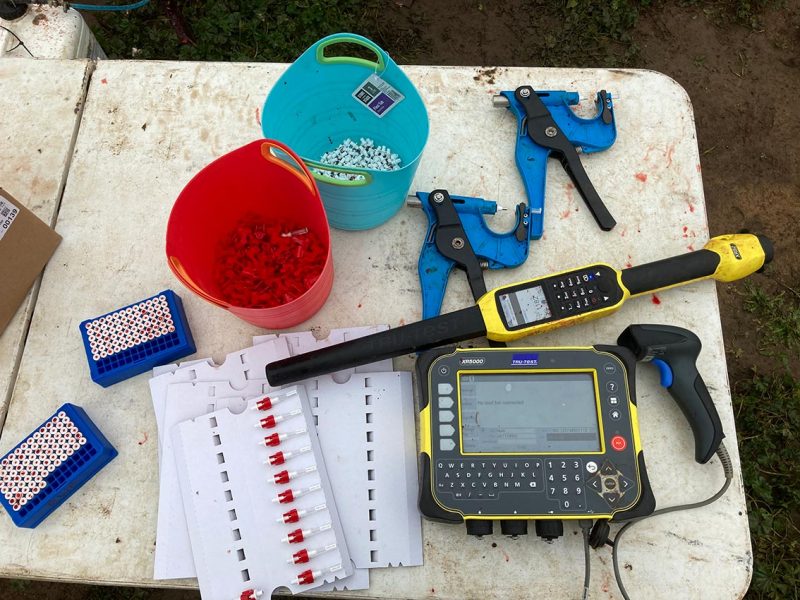UNE/MLA/MerinoLink DNA Stimulation Project – 26th July 2020
The UNE/MerinoLink DNA Stimulation Project is a major genetics adoption program in the Merino sheep breeding industry, running from January 2018 to June 2022. The collaborative approach between MLA Donor Company, University of New England, MerinoLink Limited, NSW DPI, Sally Martin Consulting and the project participants has already started to meet the project target of doubling the rate of genetic gain of project participants by 2022.
The project focusses on working with the project participants, of which Yarrawonga is one of the participating ram breeders, to strategically use the genetic and genomic tools currently available. A major component of the adoption strategy has seen the total financial contribution from all participants equating to upward of $1.7 million. In a time of poor seasons recently, this is a significant commitment for participating seed stock breeders to improve their genetic gain, and we are delighted to be part of this project.
There are 30 seed stock breeders involved in the project located in NSW, Victoria, and Western Australia. 18 commercial breeders breeding their own rams and 52 commercial breeders purchasing rams.
DNA Parentage and genomic testing has allowed Merino seed stock breeders to capture more accurate relationships between animals to enhance accuracy of the estimated breeding value predictions. With more trust in using ASBVs as part of their selection toolbox, the collective ram breeder group are improving their rate of genetic gain. In the first year of the project participants have increased the rate of genetic gain within the group by 2.4 index and are 5 MP+ index points higher than the rest of the MERINOSELECT database when comparing average index improvement.
Flock Profile and RamSelect’s Ram Team Manager are tools commercial breeders are using to benchmark the genetic merit of their Merino flocks. This information is aiding participants in better ram selection and buying decisions to increase the genetic merit of their flocks.
The project’s catalyst was co-investment of DNA testing from MLA. However the projects key focuses have been on capacity building to improve data quality and integrity, strategic use of tools available and most importantly building relationships between breeders (ram and commercial), service providers and geneticists. To date, the project is on-track meeting all milestones and looks to continue on past the life of the project.











